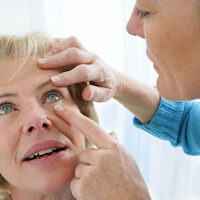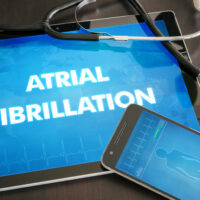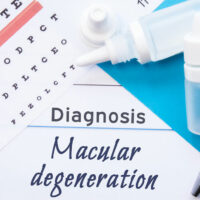9 common mistakes to avoid with dental implants

Dental implants are a revolution when it comes to dental restorations. They have the natural appearance of a tooth, helping people restore their smile and confidence. They are one of the most popular solutions to missing teeth. Moreover, dental implants are custom-made for every patient and are surgically fit into their jawbones by dental surgeons. So, one must take a few precautions and avoid these common mistakes with dental implants.
Not choosing the right dental surgeon
When it comes to a surgical procedure like dental implantation, it is crucial to go to a trustworthy and experienced dental surgeon. A general dentist who may not have the necessary knowledge, experience, or training in surgery may make an error during the procedure. This can further cause more complications or pain. So, it is essential for patients to choose a certified dental surgeon who has expertise in surgery and can ensure complete safety during and after the procedure.
Not discussing all lifestyle habits with the dental surgeon
Often, people have a lot of lifestyle habits that can severely impact the dental implant after the surgical procedure. These can include habits like teeth grinding and jaw clenching, which can affect the dental implant. Disclosing such habits to the dentist will ensure that they take those into account. They can then offer a solution that can prevent those habits from causing any damage to the implant.
Not disclosing medical history before the surgery
Before opting for dental implant surgery, it is extremely important for a patient to disclose their medical history to the dental surgeon. There are chances that a person may have certain medical conditions that make it unsuitable for them to undergo the dental implantation procedure. Further, the surgeon may devise a custom treatment plan to avoid any possible risks that may arise due to one’s existing medical condition. Failing to report a complete medical history can have dire consequences on one’s health post-procedure. So, health conditions such as sinusitis, diabetes, and high or low blood pressure, among others, must be disclosed to the dentist before surgery.
Disturbing the implant site
After the dental implant surgery is complete, the gums near the implant site take time to heal. Meanwhile, it is normal for a person to experience swelling, pain, and discomfort in the gums and around the site. However, due to this discomfort and unusual sensation, a lot of people tend to disturb the site by touching or poking it with their tongue or finger. This is one of the most common mistakes to avoid with dental implants. It can be dangerous, as the site is still sensitive and needs healing time. Poking or touching it can hinder the healing process and cause more pain or even bleeding. Furthermore, if the fingers are not clean, one may risk incurring infections.
Neglecting regular doctor consultations
After any kind of surgery, it is crucial for the patients to schedule regular visits to their doctor to ensure positive progress. This holds true even for dental implants. After getting dental implants, one may be required to visit a dental surgeon or a consulting dentist for a few months. This is required so that the dentist can check and ensure that the patient’s body is responding positively to the dental implants. Neglecting regular doctor consultations may cause some underlying problems that may go unnoticed, causing further complications.
Being careless about the recovery time
The body may take some time to heal after a dental implant surgery. However, sometimes, patients fail to realize this and immediately return to their normal lifestyle. Doing so can be dangerous, as not taking proper care of the mouth and not giving the body the required time to heal can cause further damage. For instance, it may increase the chance of bleeding or cause damage to the site of the implant.
Chewing on hard foods
One of the most essential things to take care of after a dental implant surgery is to consume liquids and soft foods that are easy to chew. Chewing on hard foods can severely damage the implant, further leading to immense pain and bleeding. For some time after the dental implant surgery, it is essential to prevent the implant site from any kind of trauma. So, one must only add liquids and soft foods to their daily meal regime for as long as their dental surgeon has suggested. Once the surgeon ensures the implant site has completely healed, they will allow one to switch back to their regular food regime.
Not reporting an issue with the implant
It is usual for patients to feel pain and discomfort for a few hours after the dental implant surgery. However, if one notices these problems not subsiding gradually, they must consult the surgeon immediately. Also, if they notice persistent bleeding, they must report the problem to the dentist urgently. These issues might have an underlying cause, which can lead to further damage if not reported quickly.
Neglecting proper oral hygiene post-surgery
One of the biggest mistakes that several individuals make after their dental implant surgery is neglecting their oral hygiene. Not maintaining proper oral hygiene can give rise to infections and hinder the healing process of the implant site. Moreover, even though these implants are not real teeth and cannot develop cavities, the surrounding gums and teeth are still susceptible to decay and infections. Any damage to the gums surrounding the implant can damage the implant itself.
Dental implants offer a great solution to dealing with missing teeth. However, avoiding the common mistakes discussed above is essential for their successful results. Being aware of these common mistakes and taking proactive measures to prevent them can prove beneficial to individuals in the long run.





